The 15 Most Nutrient-Dense Foods on the Planet
Eating healthy is about more than just filling your stomach. It’s about fueling your body with foods that are packed with essential nutrients. Nutrient-dense foods are rich in vitamins, minerals, and other beneficial compounds while being relatively low in calories.
These foods provide the most nutrition per bite, helping you stay strong, energetic, and healthy. Here are 15 of the most nutrient-dense foods on the planet that you should consider adding to your diet.
Kale
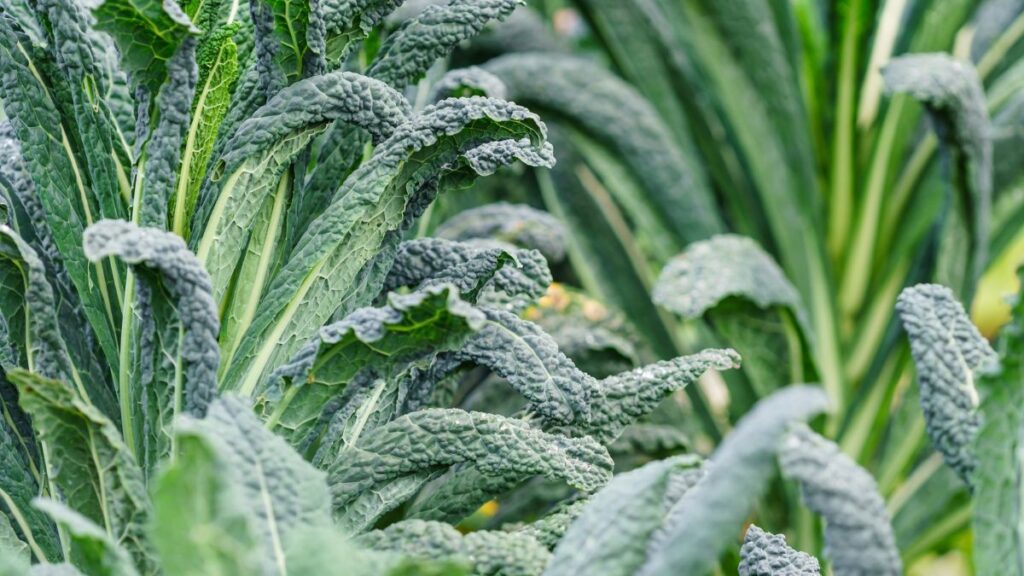
Kale is often called a superfood, and for good reason. It’s incredibly rich in vitamins A, C, and K, calcium, and iron. Kale also contains powerful antioxidants that help fight inflammation and protect your cells from damage.
This leafy green is low in calories but high in fiber, which aids digestion and keeps you full longer. Whether you add it to smoothies, salads, or soups, kale is a fantastic choice for overall health. It’s a simple way to boost your nutrient intake.
Salmon

Salmon is one of the best sources of omega-3 fatty acids, which are crucial for heart and brain health. These healthy fats help reduce inflammation and lower the risk of chronic diseases. Salmon is also high in protein, vitamin D, and B12, important for bone health and energy production.
Eating salmon regularly improves mood, supports brain function, and keeps your heart healthy. Whether grilled, baked, or smoked, salmon is a delicious and nutrient-packed fish. It’s a great addition to a balanced diet.
Blueberries
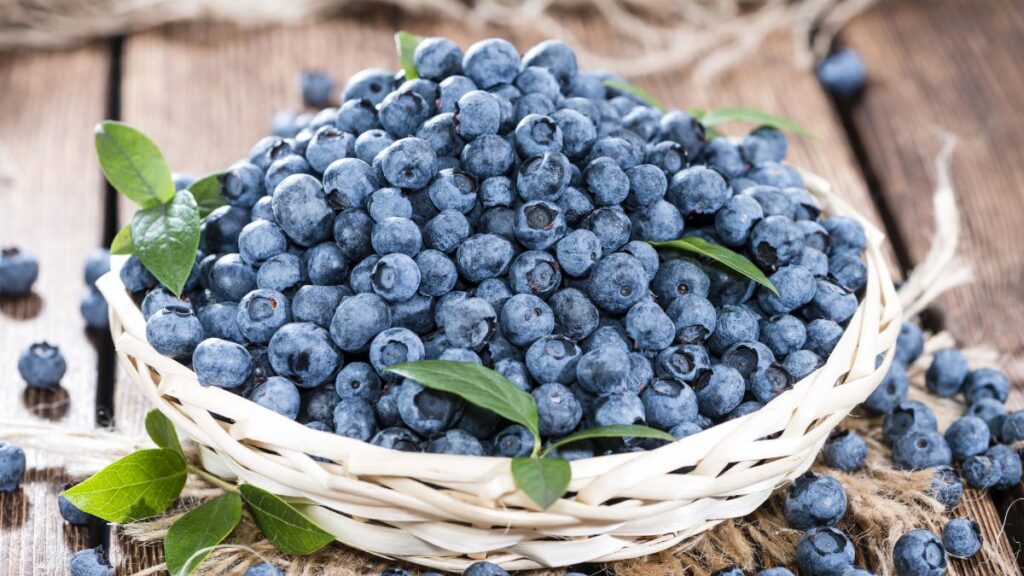
Blueberries are small but mighty when it comes to nutrition. They are packed with antioxidants, especially vitamin C and anthocyanins, which give them their deep blue color. These antioxidants help protect your body from oxidative stress and may reduce the risk of chronic diseases like heart disease and cancer.
Blueberries are also high in fiber, supporting healthy digestion and satisfying you. Enjoy them fresh, in smoothies, or as a topping for yogurt or oatmeal. Blueberries are a sweet and easy way to boost your health.
Eggs

Eggs are one of the most nutrient-dense foods you can eat. They are an excellent source of high-quality protein, containing all nine essential amino acids that your body needs. Eggs are also rich in vitamins and minerals, including vitamin B12, selenium, and choline, which support brain health.
Despite their reputation, eggs do not significantly raise cholesterol levels in most people and can be part of a heart-healthy diet. Whether boiled, scrambled, or poached, eggs are a versatile and nutritious food. They provide a lot of nutrition in a small package.
Sweet Potatoes
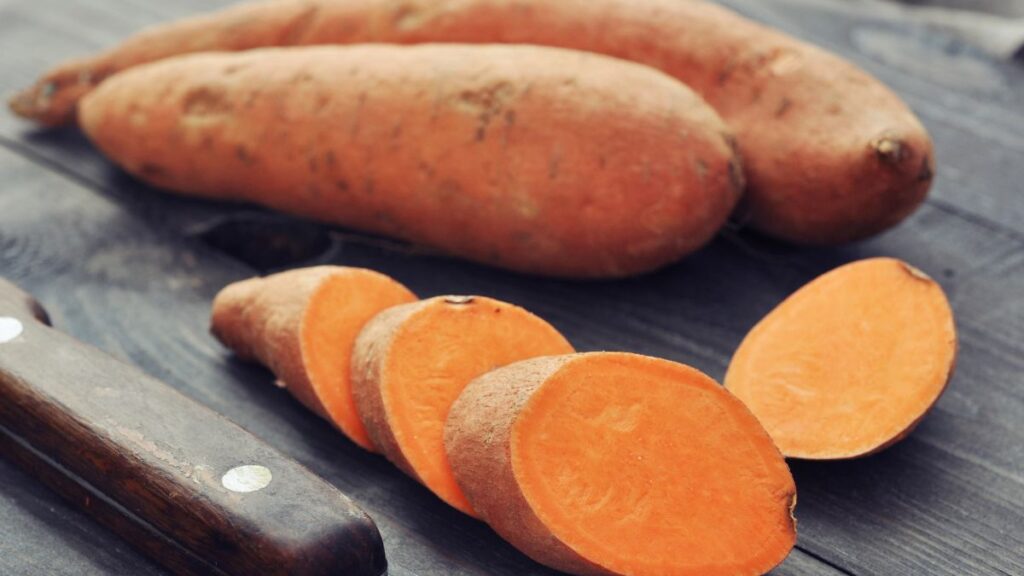
Sweet potatoes are a nutrient powerhouse, especially when it comes to beta-carotene, a precursor to vitamin A. This vitamin is important for eye health, immune function, and skin health. Sweet potatoes are also rich in fiber, which promotes healthy digestion and helps regulate blood sugar levels.
They contain a good amount of vitamin C, manganese, and potassium, which support overall health. Enjoy them baked, roasted, or mashed for a tasty and nutritious side dish. Sweet potatoes are a satisfying and nutrient-dense food that can easily be included in your meals.
Spinach
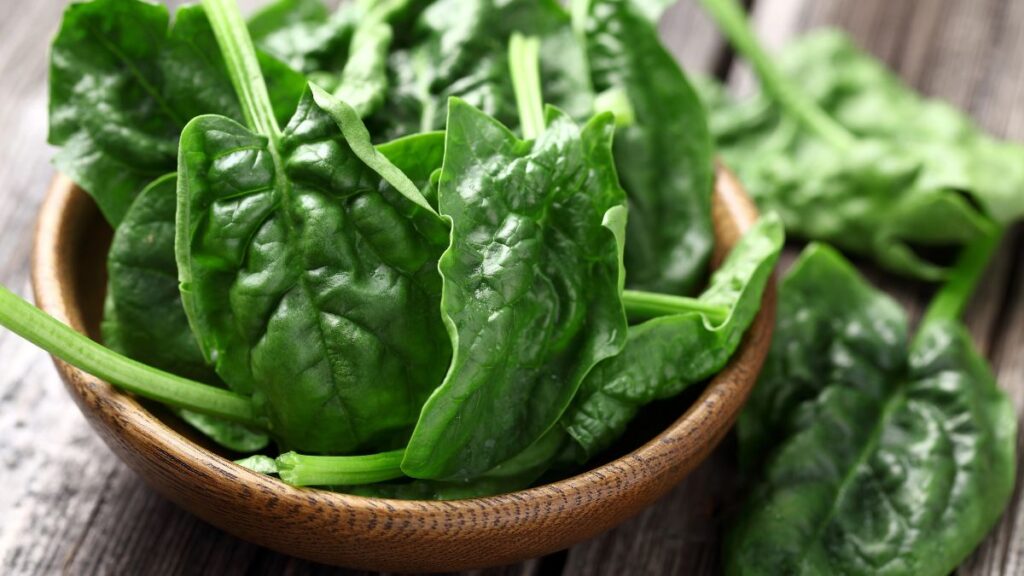
Spinach is another leafy green that’s incredibly nutrient-dense. It’s packed with vitamins A, C, and K, as well as iron, calcium, and magnesium. These nutrients are essential for bone health, immune function, and muscle strength. Spinach also contains antioxidants that protect your cells from damage and reduce inflammation.
It’s low in calories but high in fiber, making it a great choice for weight management. Whether you add it to salads, smoothies, or stir-fries, spinach is a versatile and healthy food. It’s an easy way to boost the nutrient content of your meals.
Almonds
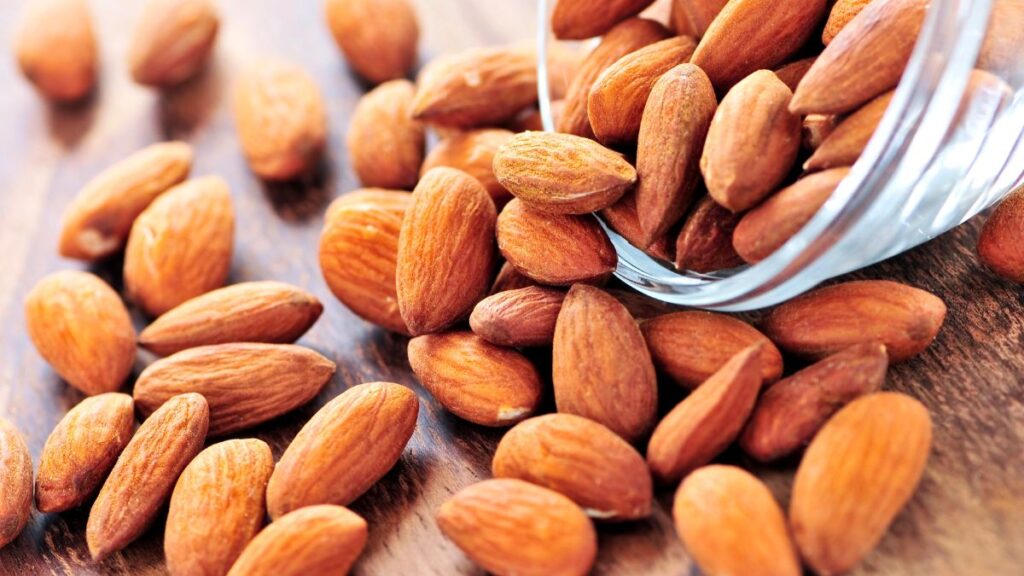
Almonds are a great snack option because they’re rich in healthy fats, protein, and fiber. They’re also packed with vitamin E, an antioxidant that helps protect your skin and supports immune function. Almonds contain magnesium, which is important for bone health and energy production.
Eating almonds regularly can help lower cholesterol levels and reduce the risk of heart disease. They’re also great for keeping you full and satisfied between meals. Enjoy them as a snack, in salads, or as almond butter for a nutritious boost.
Quinoa
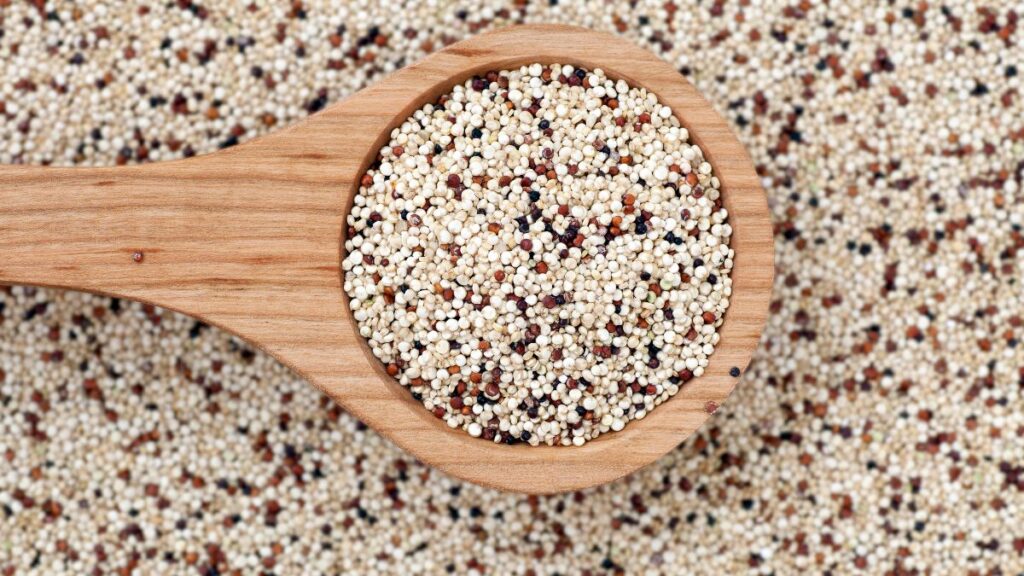
Quinoa is a unique grain because it’s a complete protein, meaning it contains all nine essential amino acids. This makes it an excellent choice for vegetarians and vegans who need plant-based protein sources. Quinoa is also rich in fiber, which supports digestive health and keeps you feeling full longer.
It’s packed with vitamins and minerals, including magnesium, phosphorus, and folate, which are important for energy production and overall health. Quinoa is versatile and can be used in salads, as a side dish, or as a base for grain bowls. It’s a nutrient-dense food that’s easy to incorporate into your diet.
Avocado

Avocado is known for its healthy fats, particularly monounsaturated fats, which are good for your heart. These fats can help lower bad cholesterol levels and reduce the risk of heart disease. Avocados are also rich in potassium, which helps regulate blood pressure and supports nerve function.
They contain fiber, vitamins C, E, K, and B6, making them a nutrient-packed food. Avocados are versatile and can be added to salads, sandwiches, or enjoyed on their own. They’re a delicious way to add healthy fats and essential nutrients to your meals.
Broccoli
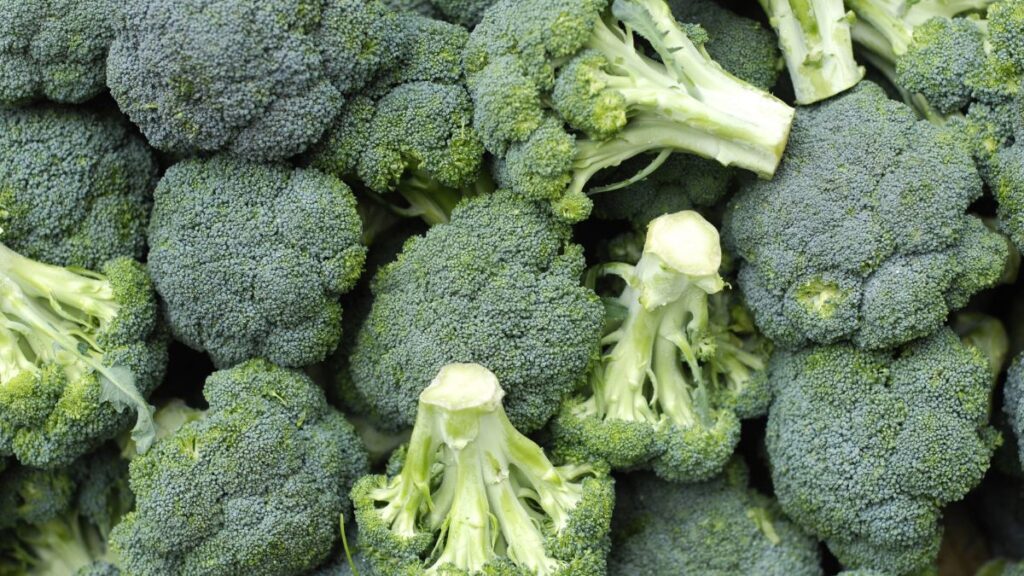
Broccoli is a cruciferous vegetable that’s packed with nutrients. It’s an excellent source of vitamins C and K, as well as folate and fiber. Broccoli also contains sulforaphane, a compound that has powerful antioxidant and anti-inflammatory properties. This vegetable supports heart health, aids digestion, and may even reduce the risk of certain cancers.
Eating broccoli regularly can boost your immune system and improve overall health. Whether steamed, roasted, or added to soups and stir-fries, broccoli is a versatile and nutritious addition to your diet.
Greek Yogurt

Greek yogurt is a nutrient-dense dairy product that’s rich in protein, calcium, and probiotics. The high protein content helps build and repair muscles, while calcium supports bone health. Probiotics are beneficial bacteria that support gut health and boost your immune system.
Greek yogurt is also lower in sugar and higher in protein compared to regular yogurt, making it a healthier choice. Enjoy it as a snack, in smoothies, or as a base for dips and sauces. Greek yogurt is a delicious way to get a concentrated dose of nutrients.
Garlic

Garlic is not only flavorful but also incredibly nutritious. It’s rich in vitamins C and B6, manganese, and selenium. Garlic contains allicin, a compound with powerful anti-inflammatory and antioxidant properties.
Regular consumption of garlic can boost your immune system, reduce blood pressure, and lower the risk of heart disease. It’s also been shown to have antibacterial and antiviral effects, making it a great food for overall health. Add garlic to your dishes for both its flavor and its health benefits.
Sardines

Sardines are small fish that pack a big nutritional punch. They are an excellent source of omega-3 fatty acids, which are crucial for heart and brain health. Sardines are also rich in protein, calcium, and vitamin D, making them great for bone health.
They are one of the few foods that contain both EPA and DHA, the most beneficial types of omega-3s. Sardines are also low in mercury, making them a safer seafood choice. Enjoy them on salads, in sandwiches, or on their own for a nutrient-dense meal.
Lentils
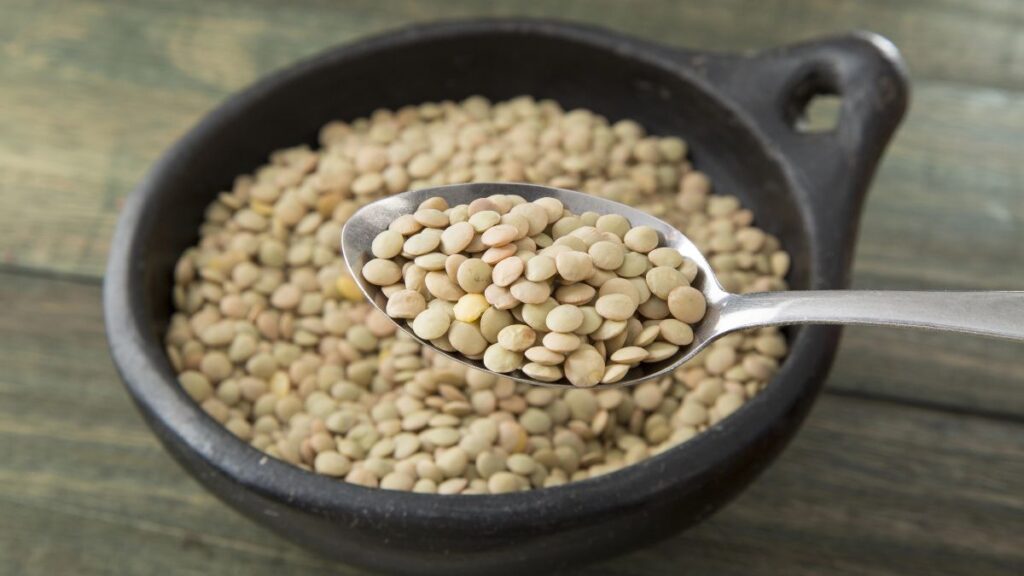
Lentils are a nutrient-dense legume that’s high in protein, fiber, and iron. They’re a great plant-based protein source, especially for vegetarians and vegans. Lentils are also rich in folate, magnesium, and potassium, which support heart health and energy production.
The fiber in lentils helps with digestion and keeps you feeling full longer. They’re versatile and can be used in soups, salads, or as a side dish. Lentils are an affordable and nutritious food that can easily be added to your meals.
Dark Chocolate

Dark chocolate is not only a treat but also a nutrient-dense food. It’s rich in antioxidants, particularly flavonoids, which help protect your heart and improve brain function. Dark chocolate also contains iron, magnesium, and fiber, which support overall health.
Consuming dark chocolate in moderation can help lower blood pressure and improve cholesterol levels. It’s a delicious way to indulge while getting a boost of nutrients. Choose dark chocolate with at least 70% cocoa for the most health benefits.
15 Places Where You’re Expected to Tip—But You Really Don’t Have To

Tipping has become a widespread practice in many industries, with the expectation that you’ll leave a little extra for good service. However, not every situation truly warrants a tip, even if you feel pressured to give one.
15 Places Where You’re Expected to Tip—But You Really Don’t Have To
15 Most Annoying Habits of American Tourists When Dining Abroad

Traveling abroad is an exciting adventure, and dining in new places is a big part of the experience. However, some common behaviors by American tourists can be frustrating for locals and affect the dining experience.
15 Most Annoying Habits of American Tourists When Dining Abroad







